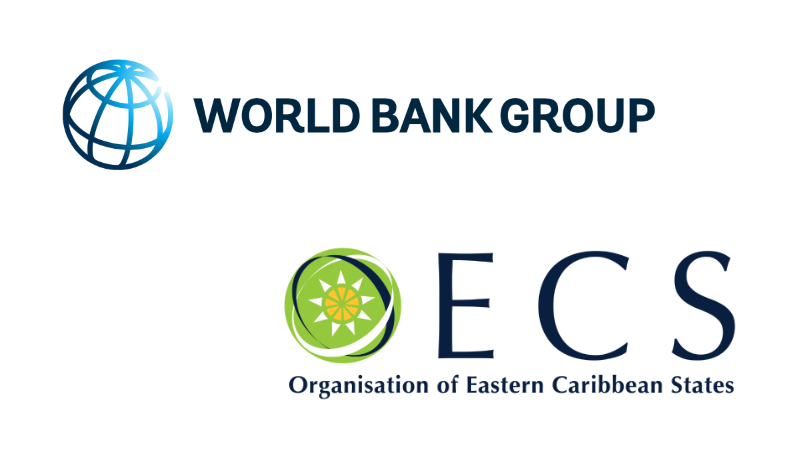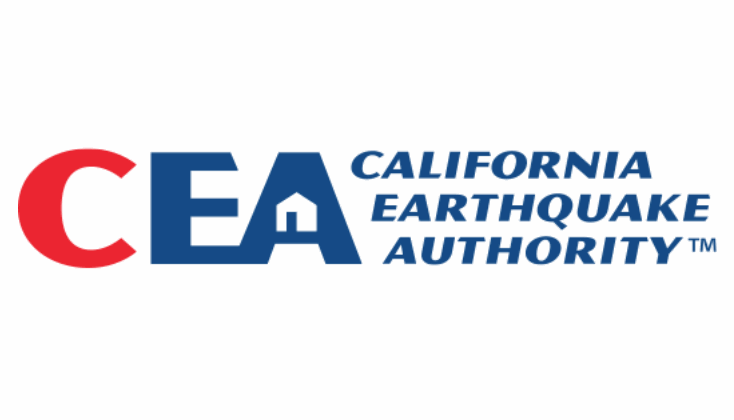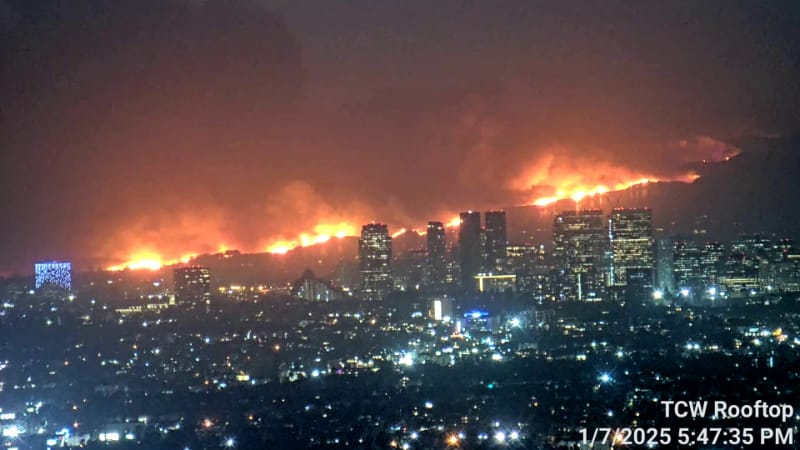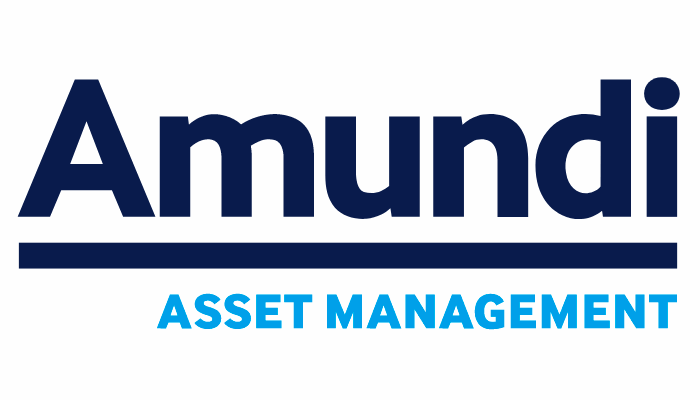The World Bank is working with four countries from the Organization of Eastern Caribbean States Commission (OECS), Dominica, Grenada, Saint Lucia, and Saint Vincent and the Grenadines, to strengthen their climate resilience and with three risk transfer options being explored, a catastrophe swap, catastrophe bonds, or securing more parametric insurance.
 The World Bank notes that while the impacts of climate change pose increasing challenges and risk, there are opportunities to enhance resilience while achieving development goals for these Caribbean countries.
The World Bank notes that while the impacts of climate change pose increasing challenges and risk, there are opportunities to enhance resilience while achieving development goals for these Caribbean countries.
Analysis has been undertaken to estimate investment needs required to safeguard the development goals of the four countries from climate impacts.
“These four countries can strengthen resilience, reduce economic vulnerabilities, and support the achievement of climate commitments by combining investments in resilience with complementary actions to improve the efficiency in the way every dollar is used. Investing in nature-based solutions and moving away from fossil fuels can help strengthen resilience,” explained Benoit Bosquet World Bank Regional Director for Planet. “Energy, transport, and waste are the largest contributors to emissions in these countries and supporting a transition to low carbon in these sectors can help build resilience to climate impacts.”
A new report recommends the investments that could be made to achieve a “resilient core”, allowing countries to “meet the Sustainable Development Goals while limiting infrastructure damage and service interruptions in the event of impact.”
It also looked at climate and disaster risks and the financing opportunities to provide capital to support recovery, rebuilding and reduce the potential fiscal outlays these countries might have to make in the event of catastrophic events.
Risk transfer instruments are recommended, as well as a layered approach to disaster risk financing, to utilise a mix of responsive capital tools for different return-period events.
“Recognizing that a certain amount of residual risk remains, the OECS countries are working on strengthening regional resilience to natural hazards and climate change,” the report explains.
Adding that, “With World Bank support, the OECS countries of focus in this report are exploring how they can further strengthen and increase their financial protection against disasters.”
Specifically, three risk transfer options are being further explored for the Organization of Eastern Caribbean States Commission (OECS) featured in the report.
First, is a catastrophe swap that would use a derivative contract to secure reinsurance capacity to support risk transfer needs.
The World Bank has successfully deployed catastrophe swaps in a number of cases, to provide additional insurance-like financing from efficient reinsurance capital sources, that typically include both traditional reinsurers and insurance-linked securities (ILS) funds.
Secondly, catastrophe bonds are being explored to tap broader capital markets risk financing capital sources for protection against major natural disaster events.
Thirdly, the work being undertaken by the World Bank with these OECS countries is also exploring whether additional parametric insurance protection can be secured through the CCRIF SPC.
CCRIF parametric insurance is already in use among the four Caribbean countries covered by the report and this phase of work, providing a top-layer of responsive protection for severe events.
In addition, these countries also utilise indemnity insurance for their public assets, as well as innovative private market arrangements such as the Flexible Hurricane Protection product in Dominica.
In addition, they also have access to contingent capital through instruments such as the CAT DDO (catastrophe deferred drawdown option), as well as other Contingent Emergency Response Components in World Bank investment projects.
Saint Vincent and the Grenadines is said to be in the process of joining the CCRIF SPC’s COAST insurance program, which is a parametric arrangement designed to provide targeted financial support to the fishing industry in the event of a disaster.
There is also ongoing exploration regrading the integration of climate resilient debt clauses into new loan contracts, the report states.
Layered risk financing using multiple instruments designed to respond to events of differing severities and impacts is a key theme of the reports and as the risk transfer maturity of governments and their finance departments increases, we can expect this kind of exploratory work to result in more use of private capital to support countries climate and disaster risk transfer needs.
The World Bank continues to undertake valuable work to support countries in understanding the potential fiscal benefits of having risk transfer in place and as a result parametric triggers and capital markets structures such as catastrophe bonds are likely to increasingly feature in discussions, while other instruments such as catastrophe swaps can provide valuable ways to access efficient reinsurance capital, while also helping countries increase their understanding of the range of financial mechanisms available to support their disaster resilience and recovery resources.





















 English (US) ·
English (US) ·